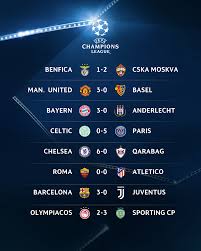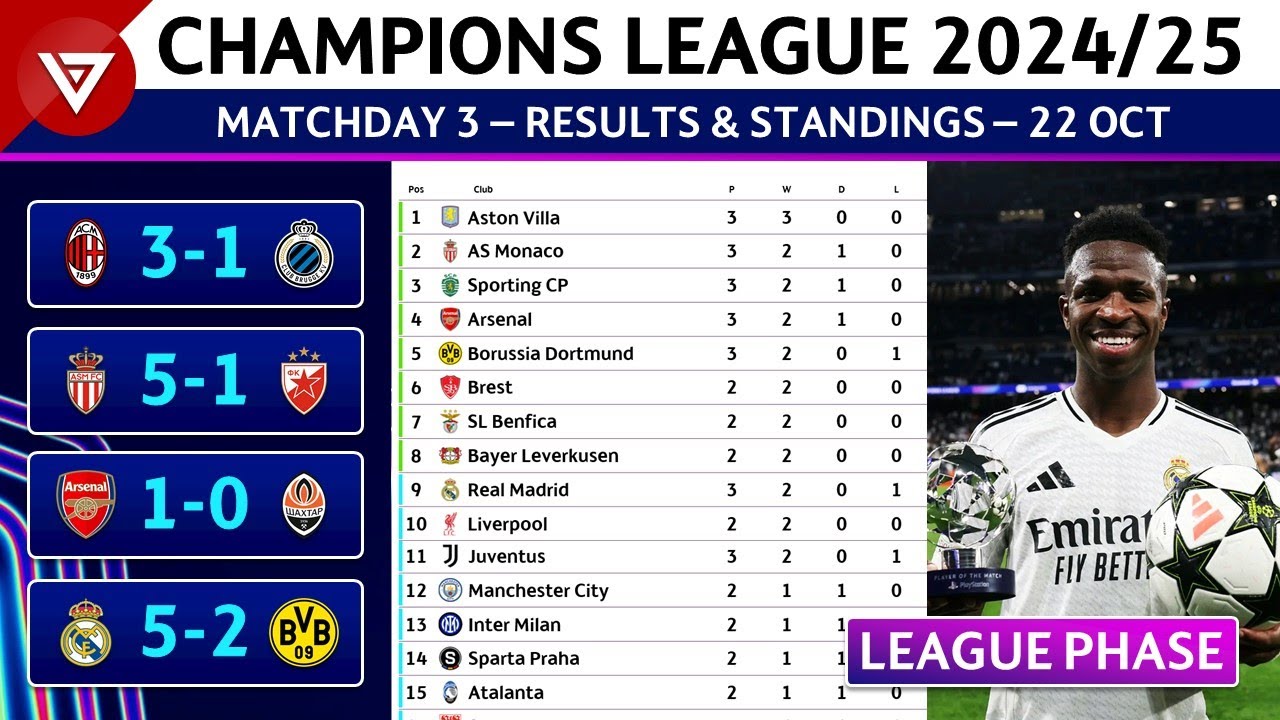Introduction to UEFA
The Union of European Football Associations (UEFA) is the governing body for football across Europe, playing a pivotal role in the coordination, organization, and promotion of football competitions on the continent. Established in 1954, UEFA oversees key tournaments such as the Champions League, the Europa League, and the European Championship. Its significance extends beyond simply organizing matches, as it has a tremendous impact on the financial, social, and cultural aspects of the sport.
Key Competitions and Their Impact
UEFA organizes multiple high-profile competitions that not only elevate the standard of football but also enhance its global appeal. The UEFA Champions League is particularly noteworthy, as it features the best clubs from across Europe, producing matches that often set records for viewership and engagement. In the 2021-2022 season alone, UEFA reported that the Champions League had approximately 3.5 billion viewers worldwide, highlighting its significant position in the global sports landscape.
In addition to the Champions League, UEFA hosts the Europa League and the newly introduced Europa Conference League, which provide opportunities for clubs to compete at high levels. These tournaments have allowed smaller clubs to gain international recognition and experience, fostering growth across the European football landscape.
Current Developments
Recently, UEFA has taken steps to enhance the inclusivity and sustainability of football in Europe. Discussions around the introduction of financial fair play regulations have been ongoing, aimed at ensuring that clubs operate within their means and promoting long-term financial health. Moreover, UEFA has emphasized the need for promoting women’s football, with initiatives designed to increase visibility and investment in female tournaments.
Conclusion and Future Outlook
UEFA remains a pillar of European football, continually adapting to the ever-changing dynamics of the sport. As it navigates challenges such as the impact of technology and the need for responsible governance, UEFA’s decisions will shape the future of football in Europe for years to come. With ongoing investment in infrastructure, youth development, and inclusivity, fans can anticipate an exciting future that promises to elevate the sport to new heights.


